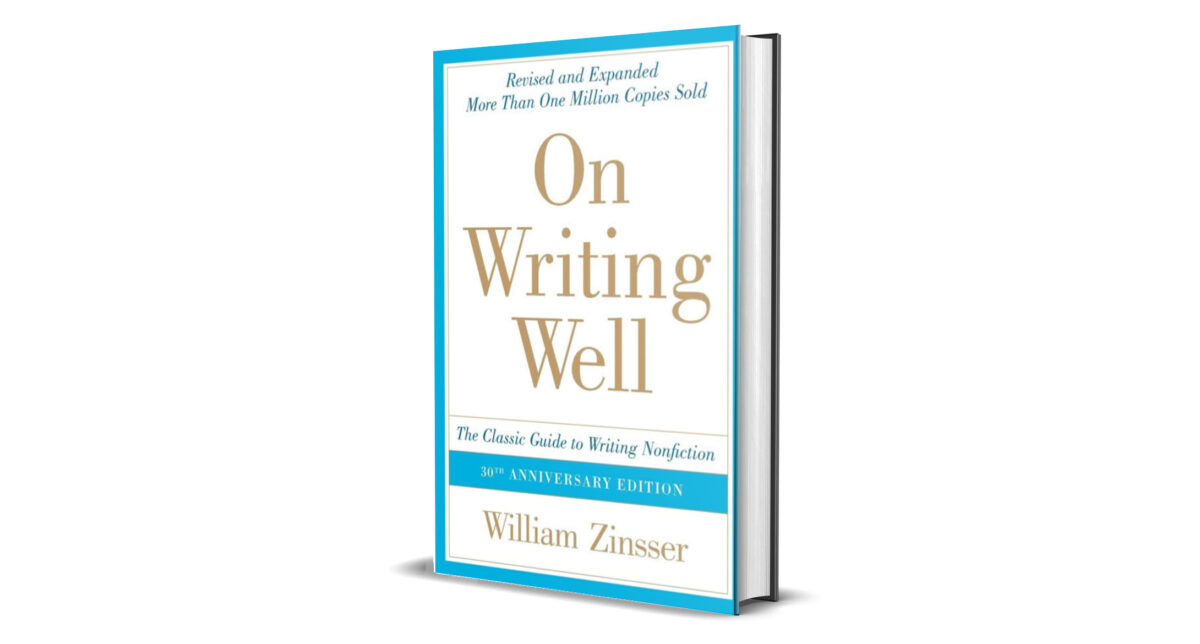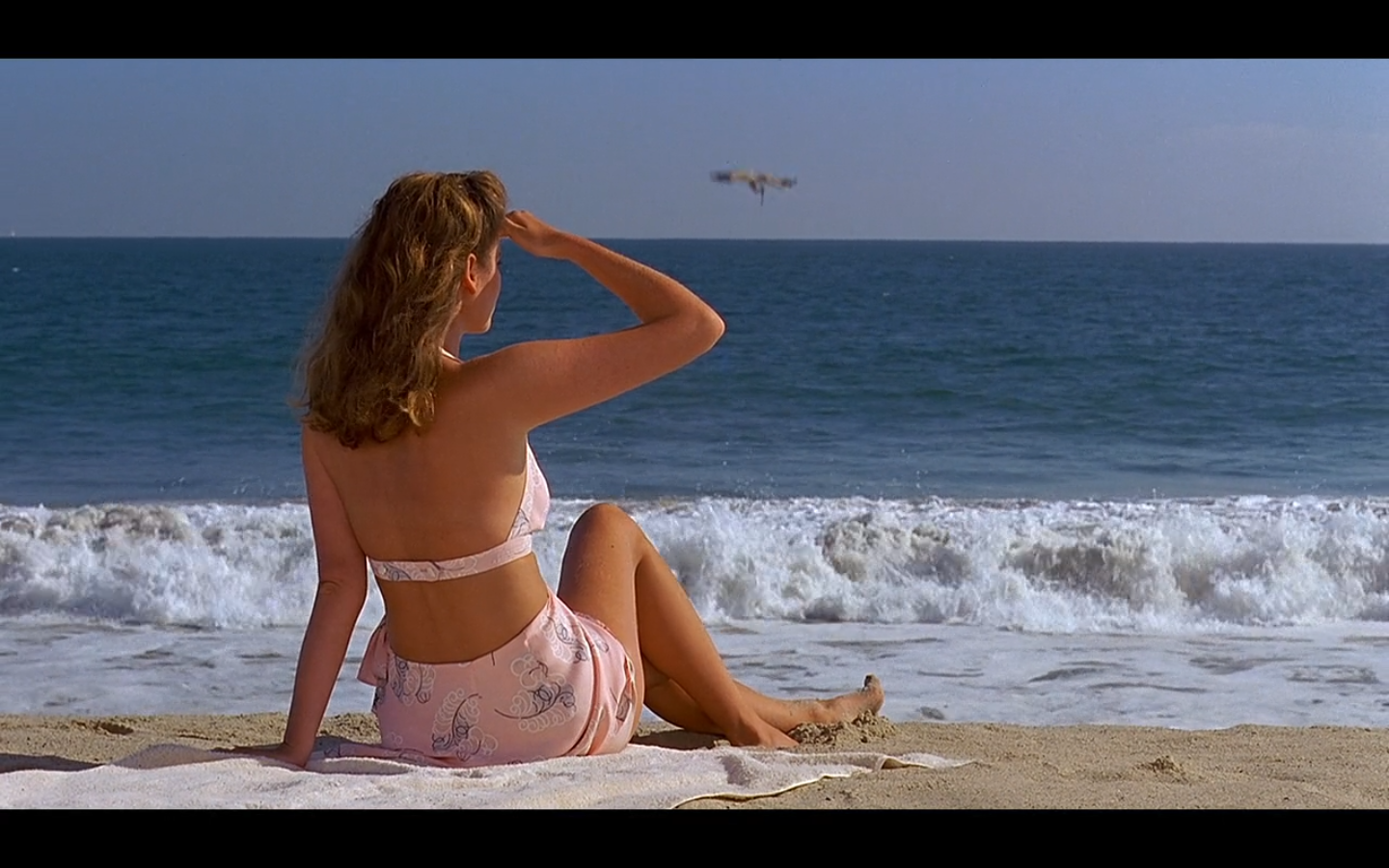From Cynthia Littleton, Kate Aurthur, Matt Donnelly, Gene Maddaus writing for Variety:
Hollywood heaves a sigh of relief. The WGA and major studios and streamers have reached a tentative agreement on a new three-year contract that promises to end the 146-day strike that has taken a heavy toll across the content industry.
Negotiators for the Writers Guild of America and Alliance of Motion Picture and Television Producers reached the finish line Sunday after five consecutive days of negotiations.
…
”What we have won in this contract – most particularly, everything we have gained since May 2nd – is due to the willingness of this membership to exercise its power, to demonstrate its solidarity, to walk side-by-side, to endure the pain and uncertainty of the past 146 days. It is the leverage generated by your strike, in concert with the extraordinary support of our union siblings, that finally brought the companies back to the table to make a deal,” the negotiating committee wrote in its message to members.
Now it remains to be seen how long it will take until my favorite shows are back in the air. As much as everyone hated the strike, good on the writers and their guild for sticking it out.
Meanwhile, the ongoing actors strike is entering its third month. So while late-night and daytime talk shows are expected to make a quick comeback, scripted shows that require actors will take longer to return.


